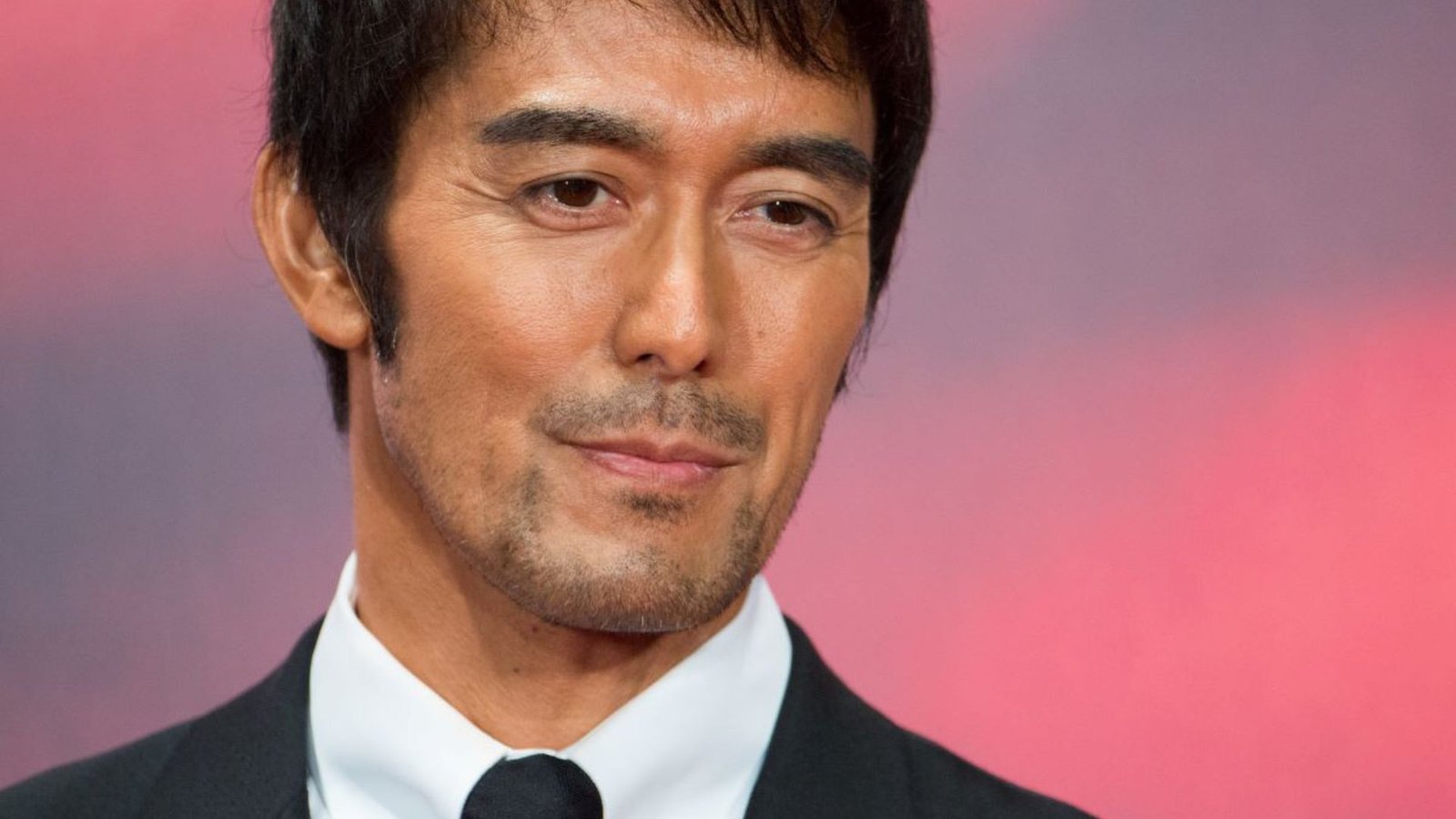Top Japanese Actors Who Have Gained International Fame
Japanese cinema has produced some of the most talented and influential actors who have not only captivated audiences in Japan but have also gained recognition and acclaim on the global stage. These actors have played a significant role in bringing Japanese culture to the world, starring in both domestic films and international projects. Below, we highlight some of the top Japanese actors who have gained international fame.

Toshiro Mifune
One of the most iconic figures in Japanese cinema, Toshiro Mifune is best known for his collaborations with director Akira Kurosawa. His powerful performances in films such as “Rashomon” (1950), “Seven Samurai” (1954), and “Yojimbo” (1961) made him a global star. Mifune’s intense screen presence and versatility allowed him to portray a wide range of characters, from samurai warriors to modern-day heroes. His work has left an indelible mark on international cinema, influencing countless actors and filmmakers worldwide.
Ken Watanabe
Ken Watanabe is another Japanese actor who has achieved international acclaim, particularly in Hollywood. He gained widespread recognition for his role as Katsumoto in “The Last Samurai” (2003), which earned him an Academy Award nomination for Best Supporting Actor. Watanabe has since appeared in numerous Hollywood films, including “Inception” (2010), “Godzilla” (2014), and “Batman Begins” (2005). His deep voice, commanding presence, and ability to convey complex emotions have made him a favorite in both Japanese and Western cinema.
Rinko Kikuchi
Rinko Kikuchi gained international fame with her role in Alejandro González Iñárritu’s “Babel” (2006), where she portrayed a deaf-mute teenager struggling with her isolation. Her performance earned her an Academy Award nomination for Best Supporting Actress, making her the first Japanese actress to be nominated for an Oscar in 50 years. Kikuchi has since starred in other international films, such as “Pacific Rim” (2013) and “Kumiko, the Treasure Hunter” (2014), showcasing her versatility and commitment to challenging roles.
Hiroyuki Sanada
Hiroyuki Sanada is a versatile actor who has successfully transitioned from Japanese cinema to Hollywood. He first gained fame in Japan with roles in films like “The Twilight Samurai” (2002) and “Ring” (1998). Sanada’s international career took off with his role in “The Last Samurai” (2003) alongside Ken Watanabe. He has since appeared in a variety of Hollywood films and TV shows, including “47 Ronin” (2013), “The Wolverine” (2013), and HBO’s “Westworld”. His martial arts skills and intense performances have made him a respected figure in both the East and the West.
Takeshi Kitano (Beat Takeshi)
Takeshi Kitano, also known as Beat Takeshi, is a multifaceted talent who has gained international recognition not only as an actor but also as a director, comedian, and television personality. Kitano’s directorial work in films such as “Hana-bi” (1997) and “Sonatine” (1993) established him as a major figure in international cinema. As an actor, he has appeared in numerous films, both in Japan and abroad, including “Battle Royale” (2000) and “Ghost in the Shell” (2017). Kitano’s unique blend of humor, violence, and philosophical introspection has made him a global icon.
Chiaki Kuriyama
Chiaki Kuriyama is best known internationally for her role as the deadly schoolgirl Gogo Yubari in Quentin Tarantino’s “Kill Bill: Volume 1” (2003). Before gaining fame in Hollywood, she had already made a name for herself in Japan with roles in films like “Battle Royale” (2000). Kuriyama’s striking looks and memorable performances have earned her a place in the global pop culture landscape, and she continues to be active in both Japanese and international cinema.
Koji Yakusho
Koji Yakusho is a highly respected actor in Japan, known for his performances in films such as “Shall We Dance?” (1996), “Babel” (2006), and “13 Assassins” (2010). Yakusho’s work in “Babel” brought him international recognition, as the film received multiple awards and nominations worldwide. His ability to portray a wide range of characters, from ordinary men to historical figures, has made him a beloved actor both in Japan and abroad.
Conclusion
These actors have not only made significant contributions to Japanese cinema but have also left a lasting impact on the global film industry. Through their work, they have introduced international audiences to the richness of Japanese culture and storytelling. As Japanese cinema continues to grow in influence, these actors will likely remain central figures in bridging the gap between East and West.



